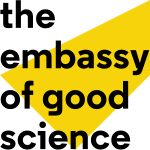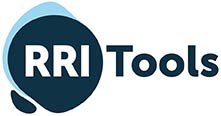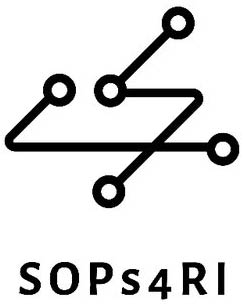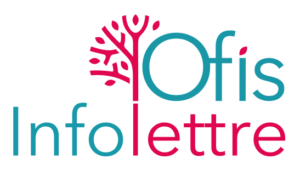Ofis is currently contributing to two European research projects:
ROSiE
(Responsible Open Science in Europe)

Rosie is a project that aims to identify emerging issues associated with open science practices, map the different platforms and technologies that support open science, and create different resources to address the issues identified – ultimately to support responsible and ethical open science practice.
BEYOND
(for Beyond Bad Apples: Towards a Behavioral and Evidence-Based Approach to Promote Research Ethics and Research Integrity in Europe)
Beyond is a project that aims to move beyond approaches based on the so-called “bad apples” theory to a more holistic approach to promoting research integrity and preventing misconduct. It aims to identify the aspects of the research ecosystem that may influence the behavior of researchers and that may lead to breaches of research integrity. The project should lead, among other things, to the development of guidelines and a manual of good practices.
Projects funded by the French National Research Agency (ANR)
SKEPTISCIENCE is a survey aiming at evaluating the impact of online post-publication peer review platforms on the research and scientific publishing community. These platforms offer a public visibility to the denunciation of breaches of research integrity. In the framework of this project, the following are studied: the normative impact of these platforms on practices, their transformative potential and the stakeholders who use them.
CRISP focuses on the different dimensions (epistemological, legal, sociological) of the institutionalization of research integrity and its influence on research practices.
CovETHOS is a project designed to study the impact on scientific integrity and research ethics of the exceptional situation generated by the COVID-19 pandemic by combining different survey methods on members of the scientific community in France. A summary of the results of the survey is available in this report .
European projects
Several European projects have led to the creation of online platforms giving access to different resources and to a network of peers:
ENERI is a European “network of networks” for ethics and integrity in research. The network is working on improving and updating recommendations, tools and guidelines, notably from the initial project, for researchers, ethics committees and research integrity offices.
The Embassy of Good Science is an online platform gathering different resources related to research integrity. It aims to provide a mapping of existing research projects, training, laws, policies and guidelines and to become a place of exchange for researchers. It is the result of the work of the EnTIRE and VIRT²UE projects.
RRI-Tools RRI-Tools is a project initially created to foster the development of responsible research and innovation (RRI) in Europe. Its main deliverable is the RRI Toolkit, a digital platform gathering more than 1,580 resources according to their website. This platform provides content targeted to specific stakeholders or themes.
Three projects aim to promote the implementation of the principles of the European Code of Conduct for Research Integrity in the daily practice of the actors concerned:
VIRT²UE is a program that has notably developed a training guide for people who train in research integrity.
Path2integrity offers learning pathways for high school students, college students, early career researchers, and citizens.
INTEGRITY offers learning tools created collectively with and for high school students, college students and early career researchers.
Other European projects focus on scientific integrity, such as :
PRINTEGER aims to go beyond a vision that confines research integrity to a “restrictive external control system” to make it an integral part of a culture of research excellence. This project has led to the development of various resources aimed, among other things, at improving practices and policies in the field of research integrity.
SOPs4RI aims to support a culture of research integrity and prevent misconducts by providing an online toolkit for European research and funding organizations.

NanoBubbles is a project dedicated to the study of science’s correction mechanisms. The project combines approaches from the natural sciences, engineering (natural language processing) and humanities and social sciences to understand how science succeeds (or fails) to correct itself.
This list is non-exhaustive and in constant evolution.












